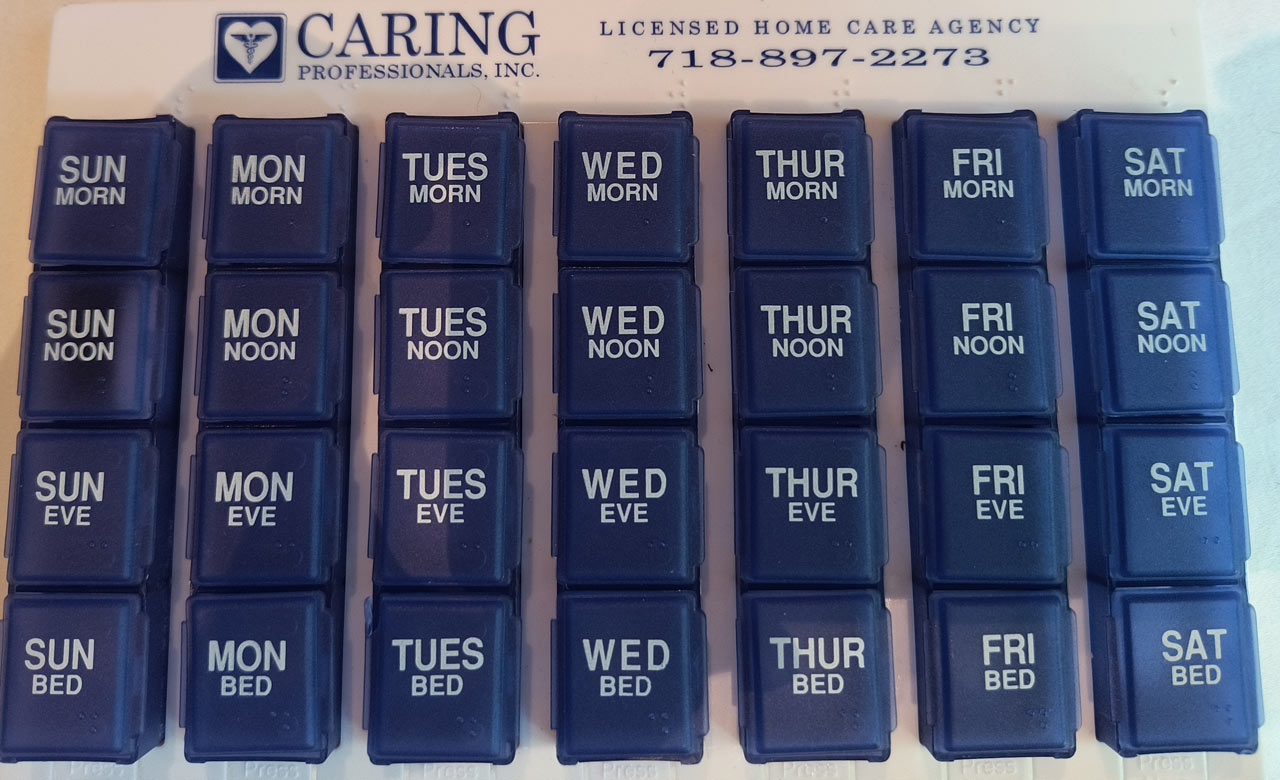In this article, we delve into the complexities of decision-making for aging parents, exploring the delicate balance between respecting their independence and providing the necessary care and support. Navigating this transition can be challenging for both seniors and their loved ones. By understanding the importance of careful communication, empathy, and tact, families can work together to maintain a sense of control and dignity for their elderly parents, while ensuring their well-being and safety. Read on to learn more about the gradual shift in decision-making dynamics, and how to approach it with respect and understanding.
Who Makes the Decisions Now?
This is a dilemma of many families as their parents age. Medical episodes, frailty, and complexity of health care make it imperative that more people get involved in care for the senior. It’s a difficult road to navigate.

Parents are adults. They are used to making decisions, doing their research, and choosing their own providers. They have overseen their own health matters for decades.
Very often, a transition ensues when the health of the senior declines. The cognitive ability of the parent may be just fine. However, gathering information, making appointments, filing insurance paperwork, filling prescriptions, and following up on after care take time, focus, and attention to detail.
The senior may not be up to tending to these tasks after an episode. She or he may be recovering from a fall, a hospitalization, or be busy with physical therapy to regain his strengths and abilities. She may already have a home health aide in the home to help with the short term needs of personal care, food preparation, and home maintenance. Or there may be an aide or personal assistant in the home for long term care, even if there is no cognitive decline.
A care plan for short term or long-term needs may be in place. It may be developed by the home care agency or the family. But the cooperation and agreement of the patient must be considered. S/he is capable of decision-making about health care choices, travel, entertainment, and all the decisions a person makes about spending their time and money.
Being respectful and honoring the parent as a sentient adult is imperative. So is Maintaining the sense of independence of someone who is a patient. Just because there is physical decline, doesn’t meant the parent becomes a child for whom decision making is made by another. A senior like anyone else needs and wants to have a sense of control of his life in matters large and small. It’s important for his mental health and for his optimism. No one likes being done to and being done for.
It’s therefore so critical that both family members, adult children, and caregivers use psychology as well as respect as they tend to the senior. They will use words such as would you like to …. May I take care of this for now. Would it be helpful for me to make this call for you. It needs to be clear that these activities, tasks, and supports are offered as a choice dependent on the senior’s decision.
Often times there is a transition to more dependency on adult children and caregivers. This usually happens because of physical and/or cognitive decline. This is not easy for the parent. He may not want to bother or be dependent on others. He is used to putting the needs of himself last. If this is the personality and practice of the senior for his life span, it will be very important to recognize that accepting help and including others in decision-making will be a process.
That process should be handled delicately and with deliberation. One needs to think, how can I get my parent to think he is making the decision when I know what the safest choice is. Pushing one’s ideas based on health and practicality will only set up the parties for conflict. Tact, psychology, respect, and time need to be used to move ahead in the decision-making process which now has more stakeholders-adult children and caregivers as well as the individual himself.
Keeping the forest in mind as well as the trees is a good perspective if one sees that the parent is turning into a patient with a compromised or precarious physical and/or cognitive condition. An aging parent doesn’t get younger; increasing frailty is upon the near horizon. Careful communication, not negotiation is the order of the day. You are all on the same team-to do what is best for the aging parent.

Sometimes bringing in a third party such as geriatric care manager may be helpful. She is a trained nurse or social worker with qualifications to handle practical and psychological needs of seniors. She can navigate the shoals of tricky parent child relationship that threaten to turn into parenting the parent, who may be perceived as the child of the adult child. The GCM will offer creative solutions and help the family avoid confrontation.
The answer to who makes the decisions at a certain may not be simple. It is a process that includes a spouse as well as children and will be fluid as a person ages. It’s a gradual transition that should be carefully executed over years. Respect for our elders and practicality make that shift a delicate one.






